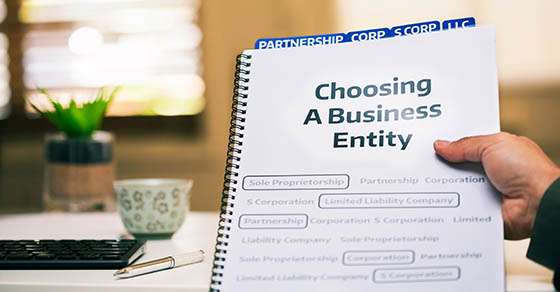Investing in Qualified Small Business Stock Now Offers Expanded Tax Benefits
By purchasing stock in certain small businesses, you can diversify your investment portfolio. You also may enjoy preferential tax treatment, some of which is getting even better under the One Big Beautiful Bill Act (OBBBA) that was signed into law in July: Qualified small business (QSB) stock now offers more tax-saving opportunities. QSB defined A QSB generally is a U.S. C corporation that meets two requirements, one of which has been eased by the […]
Investing in Qualified Small Business Stock Now Offers Expanded Tax Benefits Read More »










